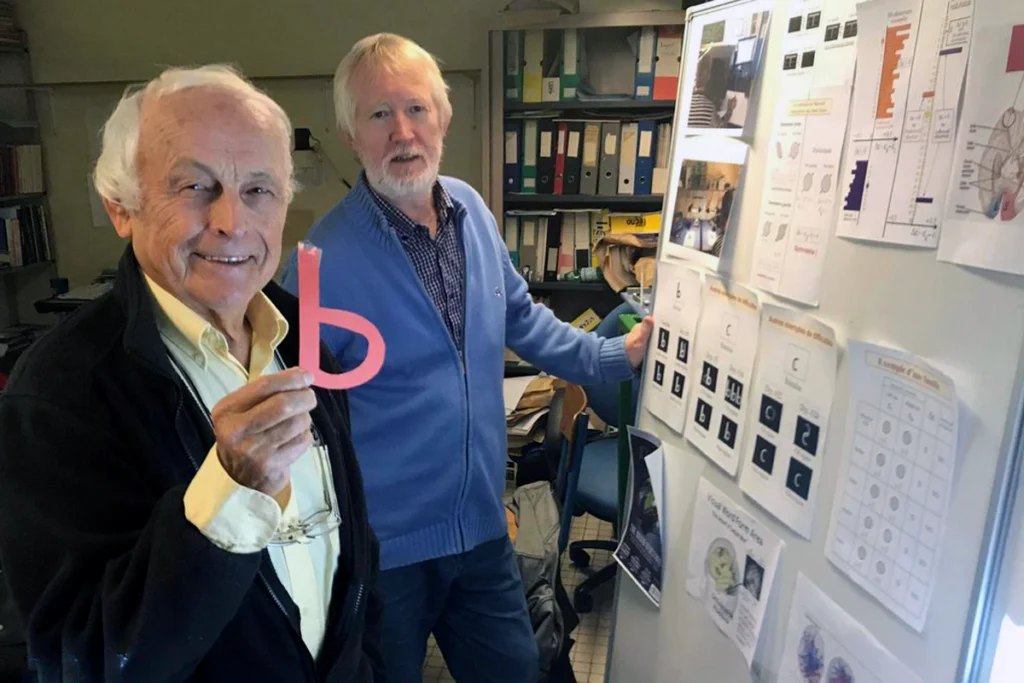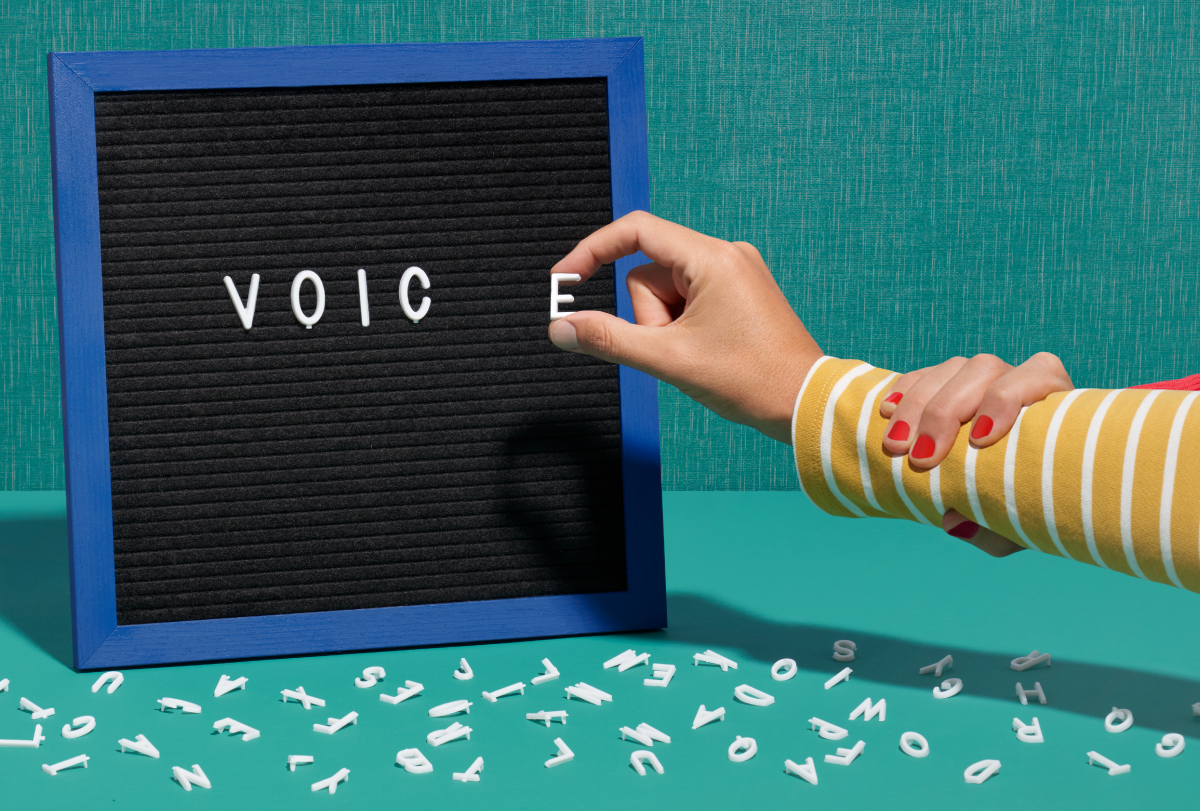Brendan Borrell is a freelance journalist based in Los Angeles, California. His stories have appeared in The Atlantic, The New York Times, Bloomberg Businessweek, Outside, National Geographic and many other publications. He is the author of “The First Shots: The Epic Rivalries and Heroic Science Behind the Race to the Coronavirus Vaccine,” and he has a Ph.D. in integrative biology from the University of California, Berkeley.

Brendan Borrell
Contributing writer
From this contributor
Former Columbia University psychiatrist committed research misconduct, says federal watchdog
Bret Rutherford, whose research was halted following a suicide in a clinical trial, falsely reported participant eligibility, according to the U.S. Office of Research Integrity.

Former Columbia University psychiatrist committed research misconduct, says federal watchdog
FDA describes ‘objectionable conditions’ at New York State Psychiatric Institute
The facility’s institutional review board failed to report a 2021 incident and “serious and ongoing noncompliance” by a principal investigator, according to a letter released by the federal agency this week.

FDA describes ‘objectionable conditions’ at New York State Psychiatric Institute
Controversial dyslexia study marred by methodological and ethical problems, researchers say
Subsequent studies have also failed to validate a range of products based on the work.

Controversial dyslexia study marred by methodological and ethical problems, researchers say
After retractions, Alzheimer’s scientist is left cleaning up a prolific collaborator’s mess
A Michigan neuroscientist is working to correct or retract his collaborator’s findings in at least four papers, following a university investigation that has already resulted in two retractions and three corrections.

After retractions, Alzheimer’s scientist is left cleaning up a prolific collaborator’s mess
Debate unfurls over inclusivity and authenticity in research involving minimally verbal autistic people
Autism researchers can’t agree on how far to go to validate the input they gather from minimally verbal autistic people who use certain communication devices.

Debate unfurls over inclusivity and authenticity in research involving minimally verbal autistic people
Explore more from The Transmitter
Machine learning spots neural progenitors in adult human brains
But the finding has not settled the long-standing debate over the existence and extent of neurogenesis during adulthood, says Yale University neuroscientist Juan Arellano.

Machine learning spots neural progenitors in adult human brains
But the finding has not settled the long-standing debate over the existence and extent of neurogenesis during adulthood, says Yale University neuroscientist Juan Arellano.
Xiao-Jing Wang outlines the future of theoretical neuroscience
Wang discusses why he decided the time was right for a new theoretical neuroscience textbook and how bifurcation is a key missing concept in neuroscience explanations.
Xiao-Jing Wang outlines the future of theoretical neuroscience
Wang discusses why he decided the time was right for a new theoretical neuroscience textbook and how bifurcation is a key missing concept in neuroscience explanations.
Memory study sparks debate over statistical methods
Critics of a 2024 Nature paper suggest the authors failed to address the risk of false-positive findings. The authors argue more rigorous methods can result in missed leads.

Memory study sparks debate over statistical methods
Critics of a 2024 Nature paper suggest the authors failed to address the risk of false-positive findings. The authors argue more rigorous methods can result in missed leads.